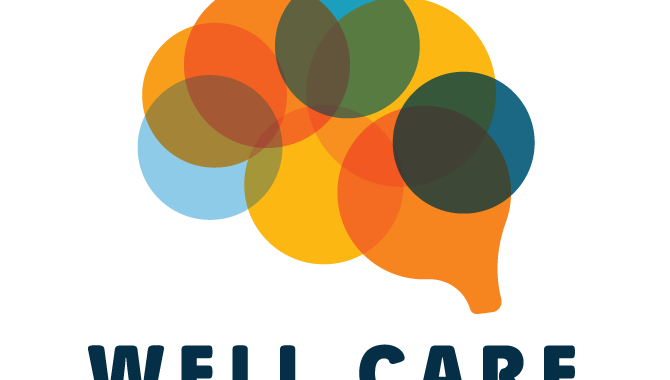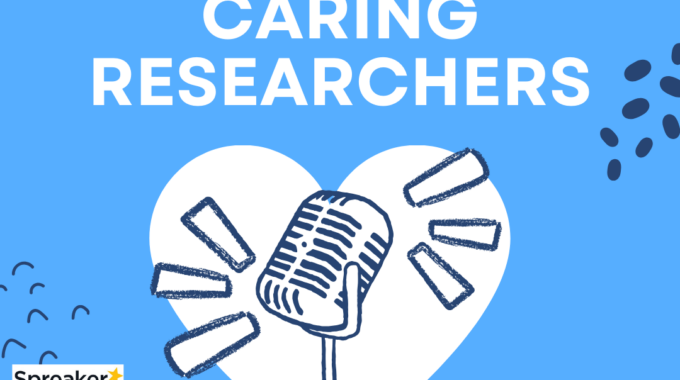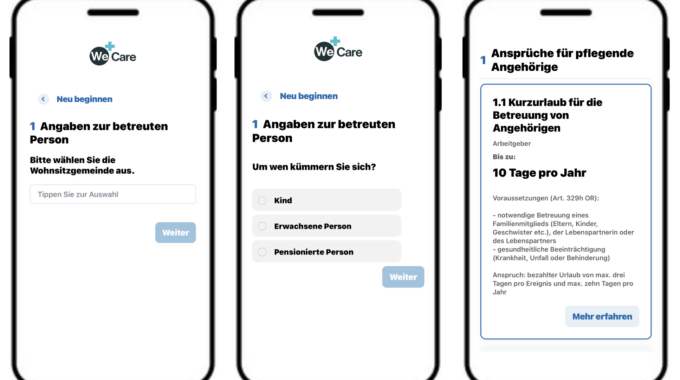
Investing in the mental health and wellbeing of informal carers and long- term care workers
The WELL CARE project, coordinated by Linnaeus University, has been granted 6 million Euros from the European Commission within the Horizon Europe funding programme. The WELL CARE consortium consists of Eurocarers secretariat and members (researcher and carers organisations or equivalent) from five EU countries, together with three EU-level NGOs and a US researcher.
WELL CARE is a 48- months, transdisciplinary project in which researchers, NGO’s together with expertise and stakeholder organisations within health and social care, psychology, sociology and gerontology, will work together to strengthen supports available for improving the mental wellbeing and resilience of informal carers and LTC workers.
– At first, the project will identify and analyse around 40 examples of good practices from the different participating countries in the field of long-term care. We will also carry out ten more in-depth case studies, where, in addition to the care interventions, we will also analyse policy, legislation, strategies, ongoing reforms and funding frameworks. On this basis, we can present evidence-based and action-based recommendations for integrated care within the framework of a solid and sustainable care partnership, says Elizabeth Hanson, Professor at Linnaeus University, scientific director at the Swedish Family Care Competence Centre and Eurocarers board member.
– The aim is that the guidelines to be developed can become best practice for policymakers, care providers, employers, trade unions and the non-profit sector at all health and social care levels, both in Europe and beyond.
– We will develop 5-8 solution prototypes that are decontextualised, concrete models of innovative solutions for LTC workers and informal carers. These will be co-designed with informal carers, LTC workers and stakeholders and then tested in different care chains in five EU countries (Germany, Italy, the Netherlands, Slovenia and Sweden). The project provides resources and guidance through a helpdesk that participants and external stakeholders can turn to for support and guidance.
-I’m delighted that we’ve secured this major EU Horizon Europe collaborative research and innovation project focusing on informal care and long-term care, which are often sadly neglected topics within such prestigious funding programmes. Now, together with our EU and international partners and stakeholders, we’ll have the opportunity to co-create new knowledge and evidence about methods and solutions for improving the mental wellbeing and resilience of carers and long-term workers, including ways for them to work together so that we make a real impact on their daily lives. We’ll also have the dedicated time to establish essential local, regional and national ecosystems in the five participant EU countries that will consist of a range of stakeholders (care managers, decision-makers, policymakers, researchers, relevant NGOs, trade unions and professional associations) to help create and maintain the conditions and partnerships necessary to continue this valuable work once the four-year project is completed, thereby making an impact at an organisational and societal level.
The project start date is the 1 January 2024 and it will run for 48 months, officially ending on the 31 December 2027. More project information will be available on Eurocarers’ website in the coming months.

Contact: Elizabeth Hanson, Linnaeus University, Nka, Region Kalmar, Eurocarers, elizabeth.hanson@lnu.se





